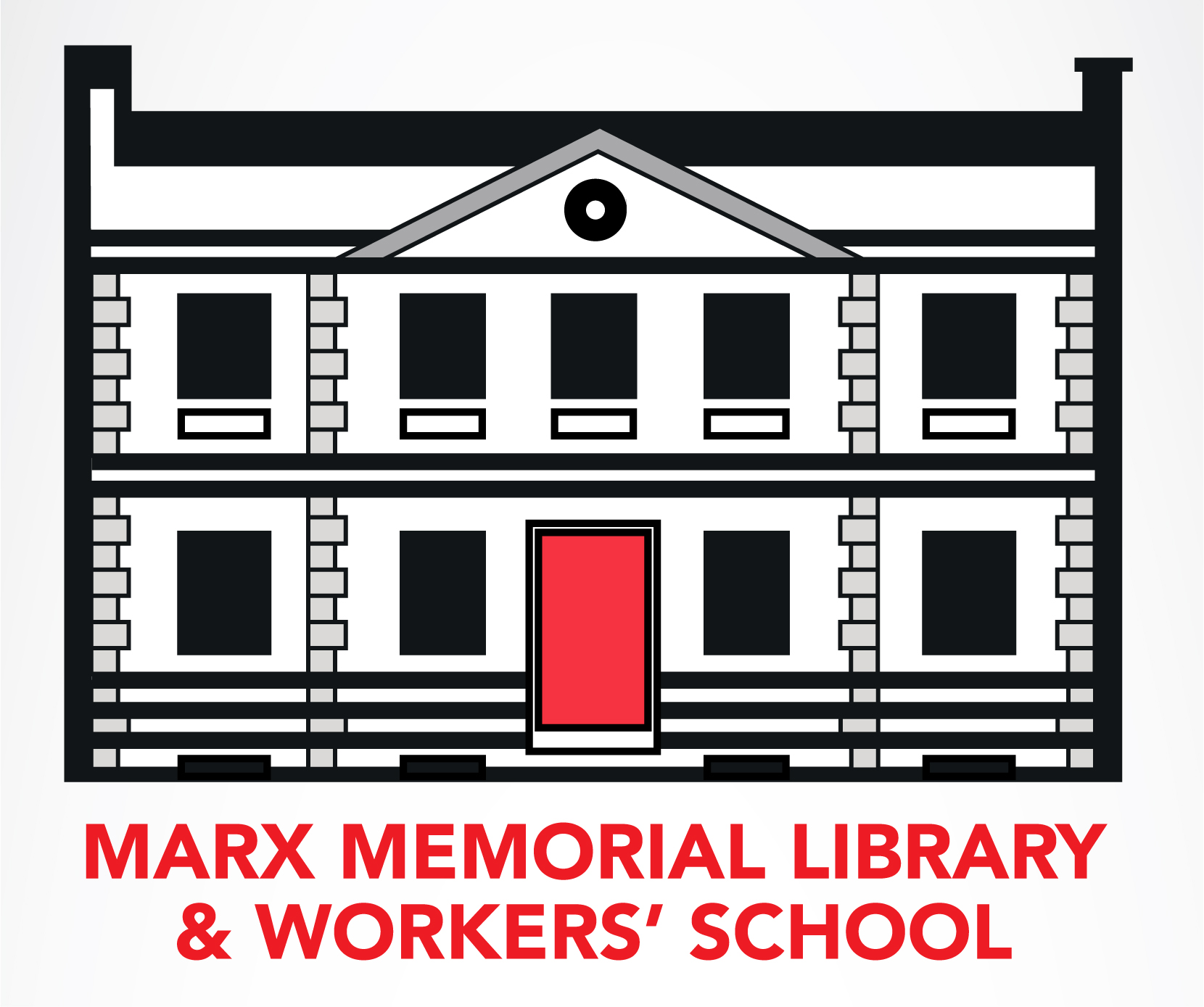You are here
Back to top
At the World Peace Council congress held in Berlin in 1952, Bernal did little to hide his disappointment that the Stockholm Appeal had failed to move the United States and the newly enlarged United Nations to develop unambiguous policies in support of global nuclear disarmament.
In his speech to congress, Bernal argued passionately for ‘a renewed policy of comprehensive, fair, practicable and rapid disarmament which should involve quantitatively the substantial reduction by one third to one half of all armed forces, armaments and armament industry.’
Throughout the 1950s, Bernal, now a vice-president of the World Peace Council, continued to argue for ‘a single system of inspection and control’, which would allow the global community to monitor and restrict the manufacturing, storage and use of nuclear weapons.
In 1959, following Joliot-Curie’s death the year before, Bernal was sworn in as the new president of the WPC. He met with Khrushchev and was encouraged by discussions; the Soviet leader continued to back an international effort to limit nuclear manufacturing. Popular support for a ban on the testing of nuclear weapons appeared to grow steadily and was further galvanized with the news in February 1960 that France had detonated its first fission bomb, ‘Gerboise Bleue’, in the Sahara Desert.
However, inter-governmental collaboration on a test ban and further progress on disarmament was put on hold in 1961 following the heightened threat of conflict in response to disagreements between the US and the Soviet Union about the future of the German capital of Berlin which ultimately resulted, in August 1961, with the German Democratic Republic building a barrier between East Berlin and West Berlin. In the same month the Soviet Union resumed nuclear testing.
Below you'll find a copy of Bernal's statement on the Krushchev's decision to resume testing which, he explains 'arises as a consequence of the continual attempts on one side [the US] to deal with the political and negotiable proposals by threats of force. Responsibility for this rests squarley upon those who, while constantly paying lip service to the principles of negotiation on the Berlin question have so far responded to the Soviet proposals to conclude a treaty of peace with the two Germanies only by mounting military preparations.'
Also below you will find a World Peace Council Bulletin from the same year which gives an impression of the global response to the crisis and the WPC's on-going support for anti-colonial struggles across the world.
Bernal remained adamant that the only way to achieve the end of manufacturing and testing of nuclear weapons in the present phase of international tension was to recreate the conditions for peaceful discussion. It was peaceful co-operation between NATO powers and the Soviet Union that Bernal hoped to inspire the following year, at the World Peace Council Congress for Peace and Disarmament in Moscow.
